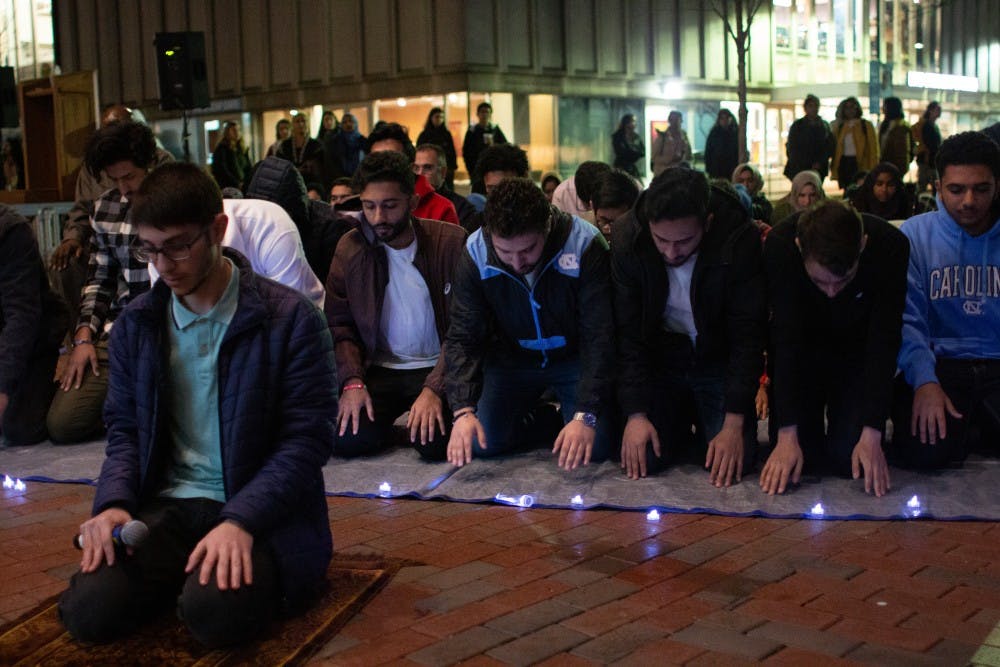Recently, many undergraduate students received an email from a UNC research team conducting a study about free expression experiences on campus. This survey consisted of numerous questions surrounding the theme of identity expression in and out of the classroom and how students believe free expression affects them.
One researcher in the study, political science professor Timothy Ryan, spoke briefly on the underlying goals of the study, but chose not to reveal too much for fear of data integrity issues.
“Our goals are to better understand students’ attitudes and experiences related to free expression on campus,” Ryan said in an email to The Daily Tar Heel. “We prefer not to say more than that right now for data integrity reasons. We’d prefer that all students — including those who have already completed the survey — have access to the same information about the survey, and just let the questions speak for themselves.”
The questions in the survey range from how voicing an opinion may affect a student’s perception by others in a classroom to the number of times a student hears disrespectful or inappropriate comments about particular groups on campus.
Some students have taken it upon themselves to complete the study, while others feel their responses would not garner change.
“I’m not that political, and I’m not that involved in activism or anything, so if I were to take the survey I probably wouldn’t have too much to add to it,” senior Sana Mohiuddin said. “Also I don’t know what difference it would really make in my experience.”
Another student, sophomore Christian Desimone, said he believes the survey’s importance lies more in the tangible results rather than the impact.
“I think it’s going to be used so someone can write an article saying X percent of students at Chapel Hill think their professor will give them an F on their assignment because of their opinions, and that is bad,” Desimone said. “I don’t think it will (change anything at UNC) because UNC has a very good free speech policy anyway.”
When asked about current ability to express her opinions at UNC, Mohiuddin said she feels UNC is a place where free expression is not only allowed but encouraged.




